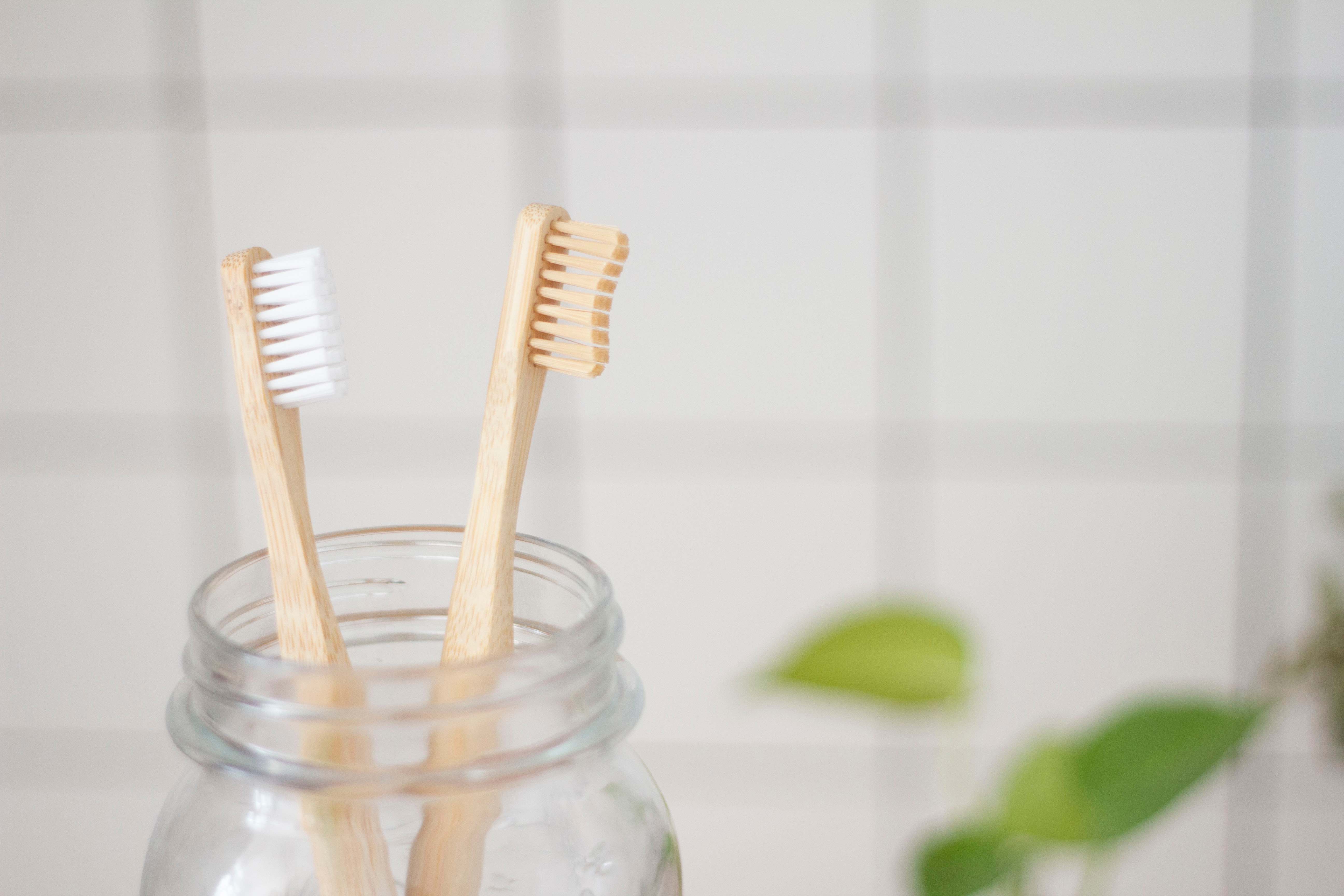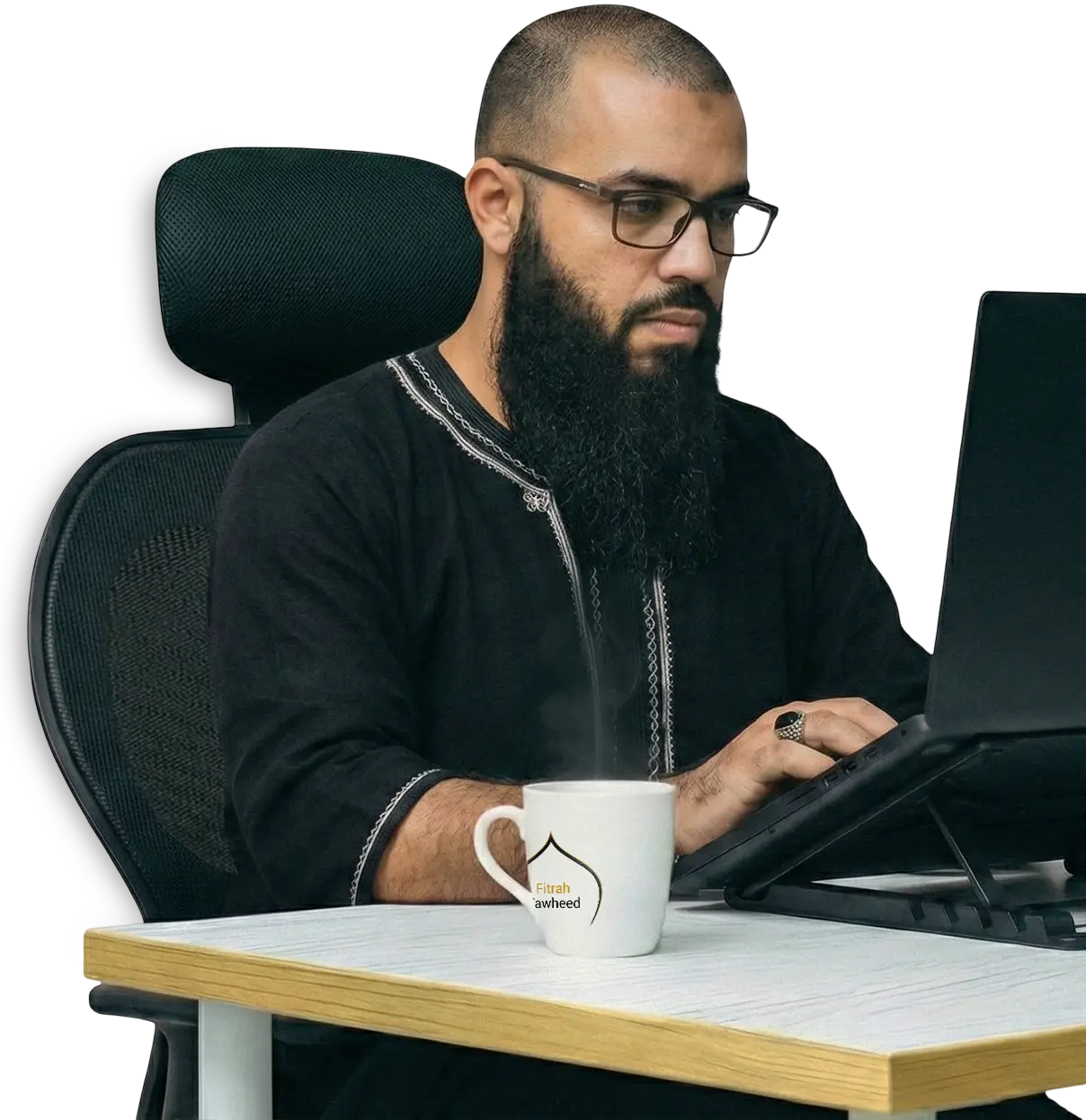
Is it okay to brush the teeth while fasting?
In Islam, oral hygiene is important and gets a lot of attention. While fasting, the Muslim refrains from swallowing any toothpaste, oils or water.
It is therefore important to know whether brushing the teeth does not break the fast. If you are busy brushing and you accidentally swallow some toothpaste, it can cause some panic.
It is recommended that Muslims avoid toothpaste or oils while brushing their teeth. This is to prevent him or her from swallowing it.
To be completely safe, it is recommended to use a moistened toothbrush or siwak (stick for brushing the teeth). The use of the siwak or toothbrush is possible while fasting.
If you simply cannot avoid toothpaste or oils because they have become a strong part of your routine, then you can of course use this after breaking the fast in the evening.
What scholars say about it
The different schools of thought have spoken on the use of the siwak while fasting. They agreed that its use is allowed and possible.
Imam Ahmad
 قال إسحاق بن منصور: قُلْتُ: السّواكُ بالرطبِ واليَّابسِ أول النهارِ وآخره؟
قال إسحاق بن منصور: قُلْتُ: السّواكُ بالرطبِ واليَّابسِ أول النهارِ وآخره؟
قال: أمَّا الرطبُ فأكرهه، ولا يعجبني آخر النهار.
"مسائل الكوسج" (٧٠٢).
"مسائل ابن هانئ" (٦٤٣) - رأيت أبا عبد الله يستاك وهو صائم في العصر.
Imam Ahmad said:
"As for the wet or dry siwak at the beginning and end of the day: I dislike using the wet siwak (when fasting), and I dislike using the siwak at the end of the afternoon."
[Masail Kawsaj 702]
Imam Shafi'i
 (قَالَ الشَّافِعِيُّ): وَلَا أَكْرَهُ فِي الصَّوْمِ السِّوَاكَ بِالْعُودِ الرَّطْبِ وَغَيْرِهِ وَأَكْرَهُهُ بِالْعَشِيِّ لِمَا أُحِبُّ مِنْ خُلُوفِ فَمِ الصَّائِمِ.
(قَالَ الشَّافِعِيُّ): وَلَا أَكْرَهُ فِي الصَّوْمِ السِّوَاكَ بِالْعُودِ الرَّطْبِ وَغَيْرِهِ وَأَكْرَهُهُ بِالْعَشِيِّ لِمَا أُحِبُّ مِنْ خُلُوفِ فَمِ الصَّائِمِ.
ص155 - مختصر المزني
Imam Shafi'i said:
"I do not dislike using the siwak (wet or dry) while fasting. I do dislike it being used only in the evening as I prefer the fasting person to use it while he is fasting."
[Mukhtasar al-Muzani 155]
Imam Malik
 قُلْتُ: مَا قَوْلُ مَالِكٍ فِي السِّوَاكِ أَوَّلَ النَّهَارِ وَفِي آخِرِهِ؟
قُلْتُ: مَا قَوْلُ مَالِكٍ فِي السِّوَاكِ أَوَّلَ النَّهَارِ وَفِي آخِرِهِ؟
قَالَ قَالَ
مَالِكٌ: لَا بَأْسَ بِهِ فِي أَوَّلِ النَّهَارِ وَفِي آخِرِهِ قُلْتُ: أَرَأَيْتَ الرَّجُلَ يَسْتَاكُ بِالسِّوَاكِ الرَّطْبِ أَوْ غَيْرِ الرَّطْبِ يَبُلُّهُ بِالْمَاءِ؟ فَقَالَ قَالَ مَالِكٌ: أَكْرَهُ الرَّطْبَ، فَأَمَّا غَيْرُ الرَّطْبِ فَلَا بَأْسَ بِهِ وَإِنْ بَلَّهُ بِالْمَاءِ، قَالَ قَالَ مَالِكٌ: لَا أَرَى بَأْسًا بِأَنْ يَسْتَاكَ الصَّائِمُ فِي أَيْ سَاعَةٍ شَاءَ مِنْ سَاعَاتِ النَّهَارِ، إلَّا أَنَّهُ لَا يَسْتَاكُ بِالْعُودِ الْأَخْضَرِ. ابْنُ وَهْبٍ عَنْ سُفْيَانَ الثَّوْرِيِّ، أَنَّ عَاصِمَ بْنَ عُبَيْدِ اللَّهِ بْنِ عُمَرَ حَدَّثَهُ عَنْ عَبْدِ اللَّهِ بْنِ عَامِرِ بْنِ رَبِيعَةَ عَنْ أَبِيهِ. أَنَّهُ قَالَ: مَا أُحْصِي وَلَا أَعُدُّ مَا رَأَيْتُ رَسُولَ اللَّهِ - صَلَّى اللَّهُ عَلَيْهِ وَسَلَّمَ - يَتَسَوَّكُ وَهُوَ صَائِمٌ.
ص272 - كتاب المدونة
Imam Malik said:
"There is no problem with using the siwak in the morning or late afternoon. I dislike using the wet siwak (fresh siwak), but there is no problem with the dry siwak, even if it is moistened with water. I see no problem with the use of the siwak by a fasting person at any time of the morning or afternoon."
Ibn Wahb related from Sufyan al-Thawri that 'Asim ibn Ubaydullah ibn Umar told him about Abdullah ibn Amr ibn Rabi'ah from his father, who said, "I cannot count how many times I saw the Messenger of Allah (ﷺ) use the siwak while he was fasting."
[Al-Mudawannah 272 from Ibn Sahnun]


